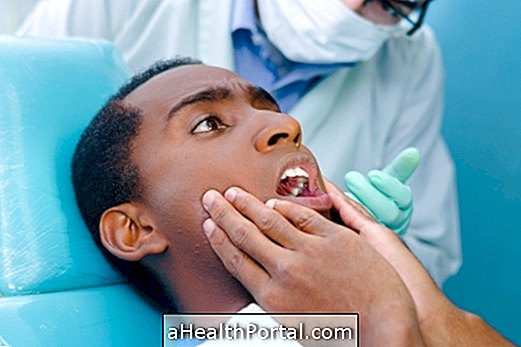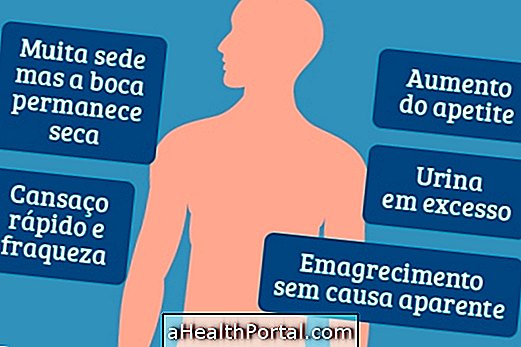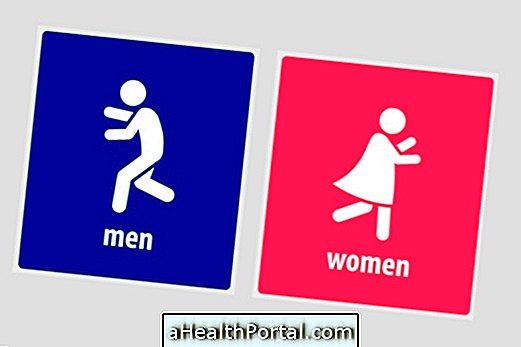Amnesia is the loss of recent or old memory, which can occur in whole or in part. Amnesia can last for a few minutes or hours and disappear without treatment or can lead to permanent memory loss.
The existing types of amnesia are:
- Retrograde Amnesia : When a head injury leads to memory loss immediately before the trauma;
- Anterograde Amnesia : It is the loss of memory for recent events, causing the patient to be able to remember only ancient events;
- Post-traumatic amnesia : When a head injury leads to a loss of memory of events occurring immediately after the trauma.
Alcoholics and malnourished children may have an unusual form of amnesia, due to a lack of vitamin B1, known as Wernicke-Korsakoff syndrome, which is a combination of a state of acute mental confusion and prolonged amnesia. These tend to present an unstable gait, paralysis of eye movements, double vision, mental confusion and drowsiness. Memory loss in these cases is severe.
Treatment for amnesia
The treatment for amnesia will depend on the cause and its severity. For most of the cases psychological counseling and cognitive rehabilitation is indicated so that the patient learns to deal with memory loss and stimulates other types of memory to compensate for what has been lost.
The treatment also aims to make the patient develop strategies to live with the loss of memory, especially in cases of permanent losses.
Is Amnesia a cure?
Amnesia is cured in cases of transient or partial loss, where there was no permanent damage to the brain, but in cases of severe brain injury, memory loss may be permanent.
In both cases, a psychological treatment and cognitive rehabilitation can be done, where the patient will learn ways to live with the new reality and develop strategies to stimulate the remaining memory, compensating for what was lost.
Anterograde amnesia can be avoided or minimized through some prevention measures, such as:
- Wear a helmet when riding a bicycle, motorcycle or when practicing extreme sports;
- Always wear a seat belt when driving;
- Avoid abuse of alcoholic beverages and illicit drugs.
In cases of any head trauma, brain infections, effusions or aneurysms, the patient should be referred immediately to the hospital emergency room so that the brain lesions are properly treated.
Useful links:
- How to Improve Memory
- Exercises for improvement
- Foods to Improve Memory
- 5 Tips to Improve Memory
























